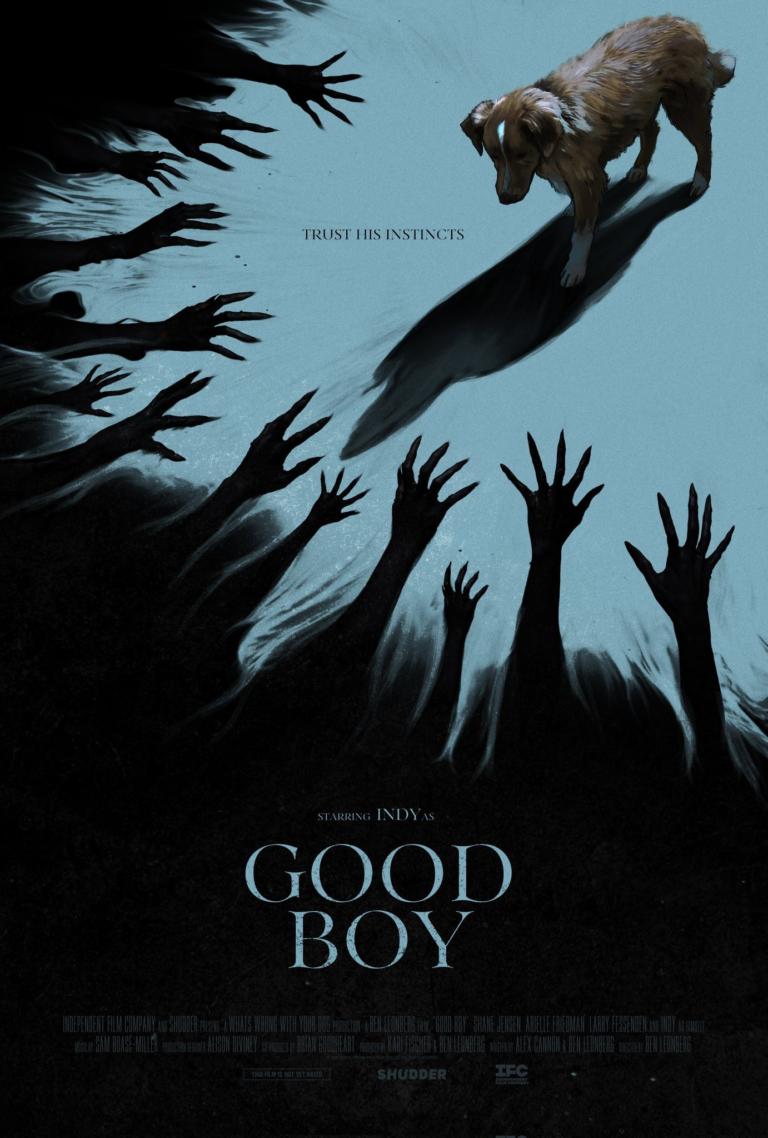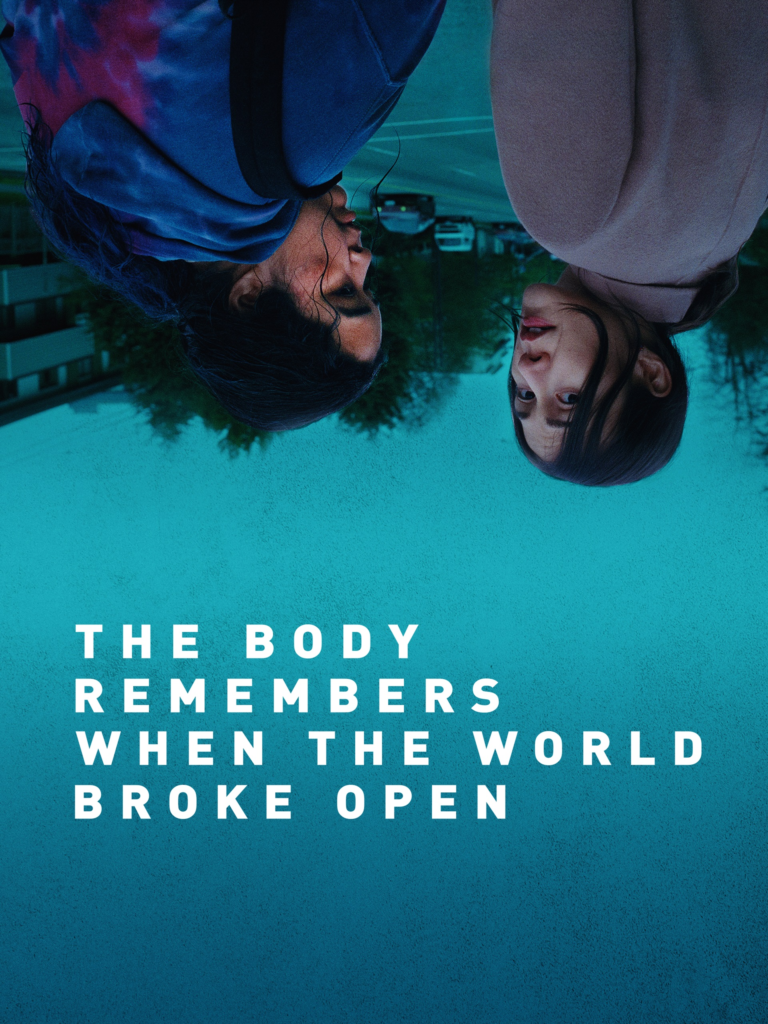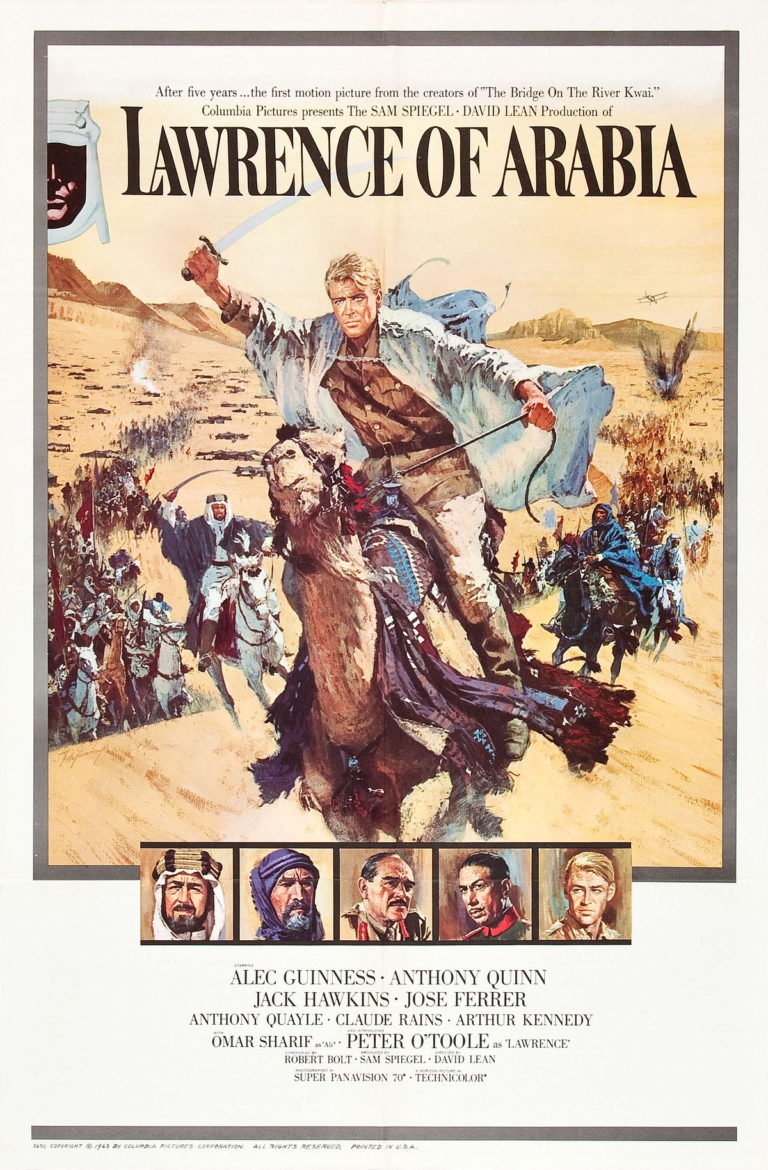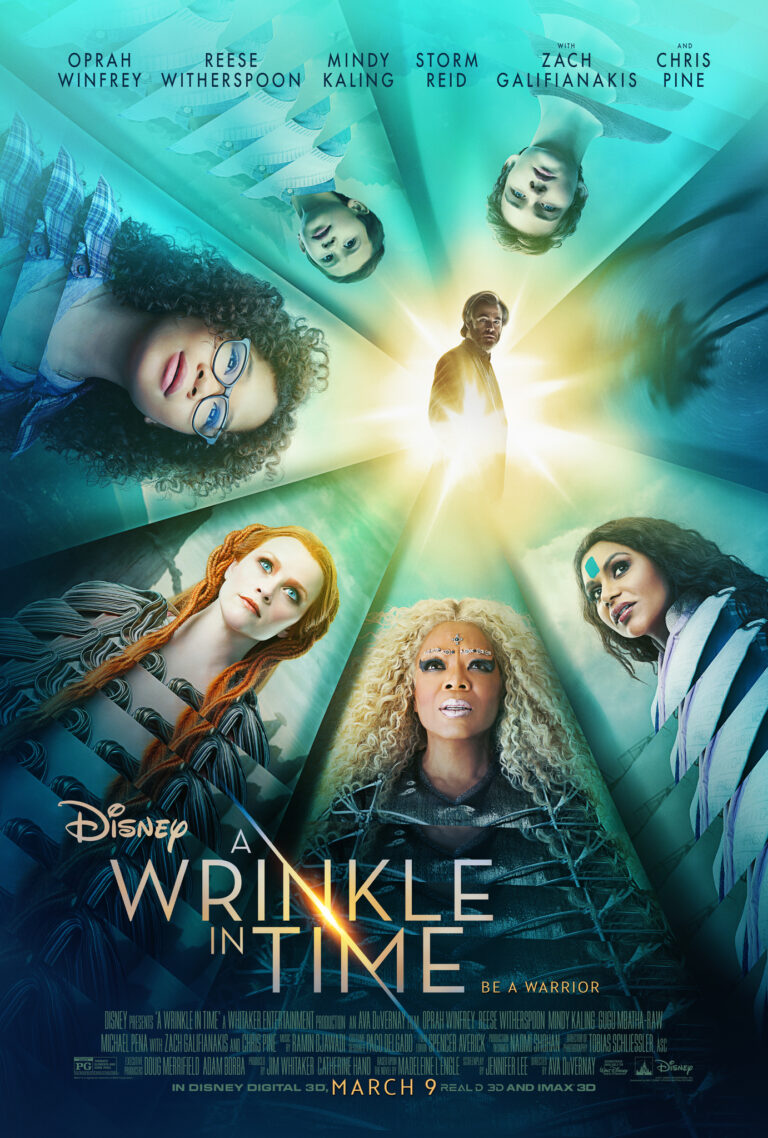Sankofa Christian Review
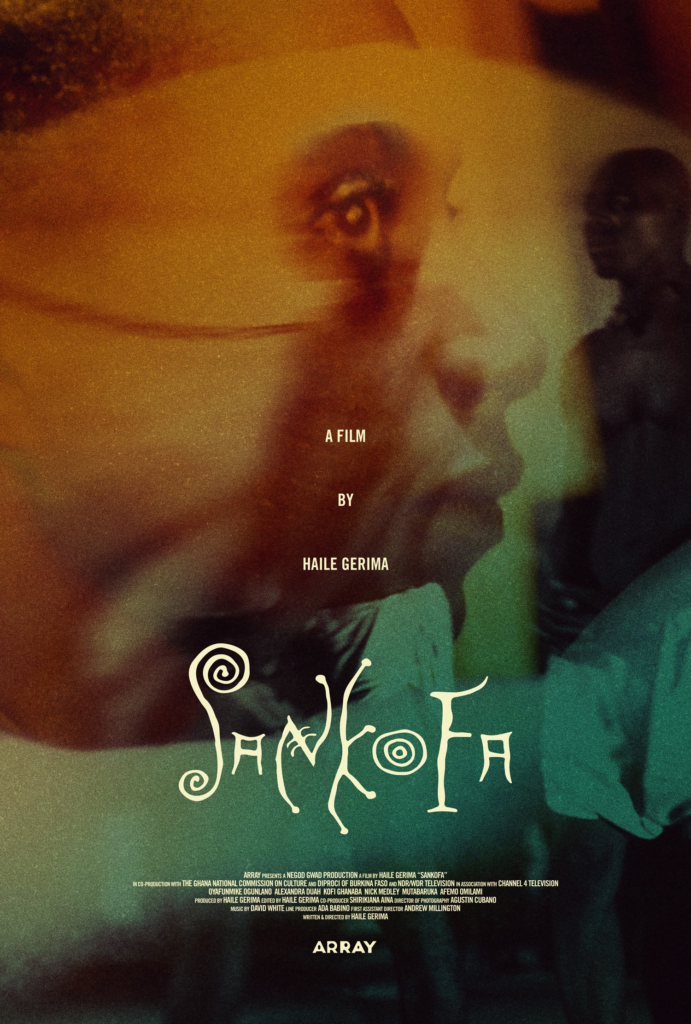
Not something you watch passively, Haile Gerima’s Sankofa is a film. It is one that draws you into the tangled web of history and memory, tugging at your emotions, and forcing you to bear witness to events which are still fresh in the collective consciousness. It is not something you passively observe; it becomes a part of your very soul. Sankofa is a special film because there are no quick exits in watching it. It takes its time to tell a story and it does not have the habit of ending things cleanly. Instead, it forces you to come face-to-face with humanity’s darkest side and weaves a narrative of revolution, freedom, and self. The core messages of Sankofa around suffering, resilience, and redemption can be deeply impactful for Christian audiences—even as the film employs African spiritual practices unfamiliar to black Christianity.
Quiet Flip of the Hand: The Other Rebellion
Rebellion is at the core of Sankofa. A rebellion not only in the cliched and sometimes violent way that people declare war on subjugation but also a rebuilding of their humanness. Yet to merely fight physically back is not enough — they are fighting in order to remember who and what they were, battling to reestablish a spiritual as well as cultural identity that has been all but wiped out by slavery.
In Christianity, this idea of rebellion may look different though. God’s people have challenged things throughout the Bible, whether it was going up against Pharaoh in Egypt or challenging corrupt rulers per prophets. Except this is not the rebellion for unto itself. This is a revolt with a purpose, this is the fight to bring back what was taken away — This war on retrieving their lost pride. The characters of Sankofa are propelled forward by this spirit. Their struggle is not just for liberty from physical chains but against emotional and spiritual oppression. And then you see them scuffle and it makes the Christian echoes of justice (to seek, to stand with) for all the oppressed ring again. “Not just revenge, though,” the Voice continued. “Restitution.”
A Power That Keeps Us Spiritual
Sankofa is very profound in that regard, if you ask me — how it portrays spiritual resilience in the face of such great suffering. The characters of the film do not need gods that look like them in order to worship: The enslaved Africans pray and carry out their rituals for holy entities far larger than themselves. It is no small thing when they, who have nothing for so long in this unrelenting world save the soft strength of humility and forfeit trust that stripped from their grandparents generations ago. will not let it go—as by some cruelty born or trained into its return to them—a patient lying-in-wait part-and-parcel mankind scorpion-kind self; god dammit. But these spiritual things revive themselves/power over spirits/and flesh and each where we rise.
The dependence on faith is what a Christian viewer knows well, and it’s also foreign to them. The practices themselves are different, grounded in African mysticism and a shared need for belief through pain. The Bible is chocked full of examples such as this, people who suffered greatly but did not renounce their faith in God. He took everything by Job, for example, but he stood firm and did not let go of his belief. This is what the enslaved characters in Sankofa hold, too — resistance to being dehumanized by slavery through their spiritual practice.
But it serves as a poignant demonstration that whatever form faith may assume is capable of lasting us through the toughest hours. As Christians, it strikes a chord with our faith journey—that we are to have hope in the midst of pain and suffering; that redemption is possible even when everything around us appears hellish.
The Unforgiving Grasp of History on the Present
It is important to realize that Gerima unconventionally tells the story of Sankofa. Finally, he does not tell the story chronologically as moving from event to event. Instead, he layers the past and the present on top of one another in a way that feels like history is always around us; never truly gone. But for those featured in the film, slavery is not an out-of-sight/out-of-mind chapter down far off history’s moldering hallways away from modernity; it remains instead a living experience that has had lasting reverberations on their lives.
This idea of history is not something that only we might forget; it also makes us who we are today, — a powerful thing. For some Christian viewers, this refrain will sound similar to the line in scripture about God reminding people of its past. The Israelites never forget their life in Egypt as part of who they are. They are meant to remember where they came from and consider how their past brings them up into the now and pushes them forward in time. Likewise, Sankofa is a reminder: we look back to the past with respect and acknowledgment of what was lost in slavery as part of our present-day experience.
That is a hard place to be. It is uncomfortable to confront the cruel truths of our history and how those events were (are) made manifest in the regulations within which we live. But it’s necessary. We are called to confront the ways our history continues to haunt us: To remember that which we have tried so mightily in this generation, as well; and ask what we owe Sankofa.
Pain and Redemption
But the dominant message of Sankofa is not that we are forever doomed to suffer; their suffering in life was NOT how it ended for them! The film does not shy away from depicting the horrors of slavery, agonizingly illustrated in both physical brutality and psychological torment aimed to erode anything left of one’s soul. But this also illustrates some of the beauty strength, resilience, and hope that thrive above all else through such hardship.
All of us Christians know that life contains suffering. Yet, we also trust in the hope of transformation — that hurt is not ending. The cross, the utmost symbol of suffering is also the paramount mark [of] hope and redemption. This was also an act of hope in Sankofa, where the rebellion and spiritual practices carried out by its characters are both gestures against dehumanization under slavery as well as courage. They are an assertion, that some things cannot be stripped of them the ultimate declaration is a single sentence: I am human.
It serves to be a strong message for Christian audiences. We are called, in a world so full of pain and injustice (more often than not), to cling onto that whatever hope we can manage; to believe redemption is going somewhere even when darkness enshrouds on all fronts. Sankofa calls us to view the disenfranchised as human, understand that faith gives power and strength & be willing to believe in redemption.
Today we bring you Andrea Lyall telling us that the wonder in life goes beyond lists.
For some, Gerima’s way of telling a story is not something they’ll feel comfortable with from the go. It’s not a fast or familiar movie. Rather, it is a transcendental trip that weaves from one flow to the next with rituals and music laced into moments of reflection. Some might find this slow or confusing, but others will see it as an opportunity to enter the story at a much more intimate and emotional angle.
There is much mystery as Christians we are asked to embrace. Some of God’s plans we will never be privy to, and some of the faith is outside our imagination. Sankofa ushers us into that same world of wonder, where not everything is revealed or wrapped up in a pretty easy-to-follow format. A film that begs us to live in the questions, celebrate uncertainty, and derive understanding from the journey as opposed to reaching an expected destination.
Reflecting on the End: A Remembrance and a Promise
Watching Sankofa is not easy, but it needs to be done. It calls for us to acknowledge the stain of that original sin on our history and flag, it reminds us of the sins we continue to commit against people based not only on their skin color but also on place markers and birth certificates. It’s exactly the sort of thing Christians can rubber-stamp as an answer to prayer, so steeped in themes of suffering and perseverance that don’t give those attributes some flawless victory over corruption they never deserve.
Sankofa, fundamentally, is a story about remembrance; it teaches us where we come from and how the past informs our presence and future. It is an invitation to join that long journey back through time, where those who suffered have their humanness restored to them — and yes: you should believe in the possibility of redemption. In a world full of darkness, Sankofa is the beak that carries hope.
Rating: 8/10

